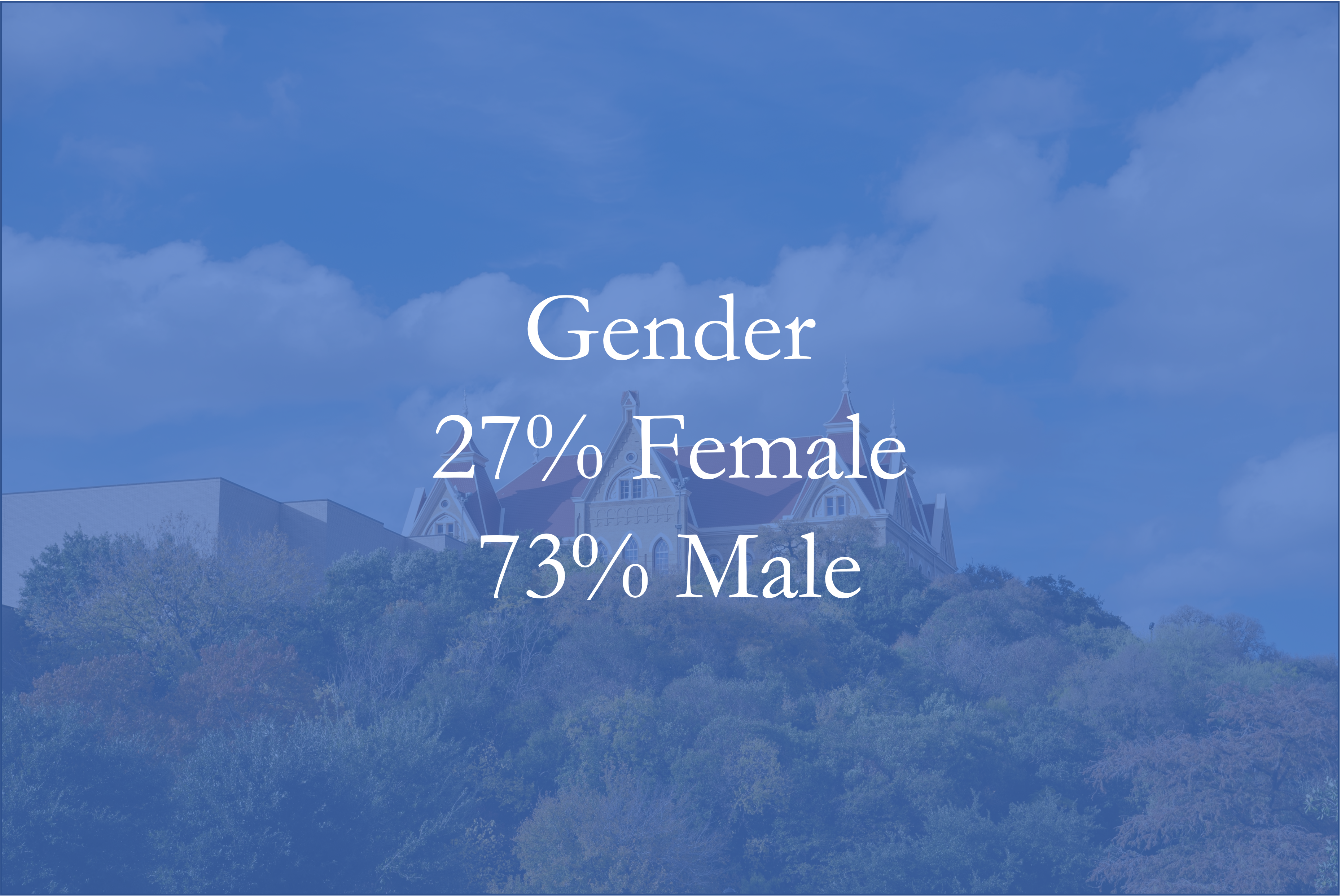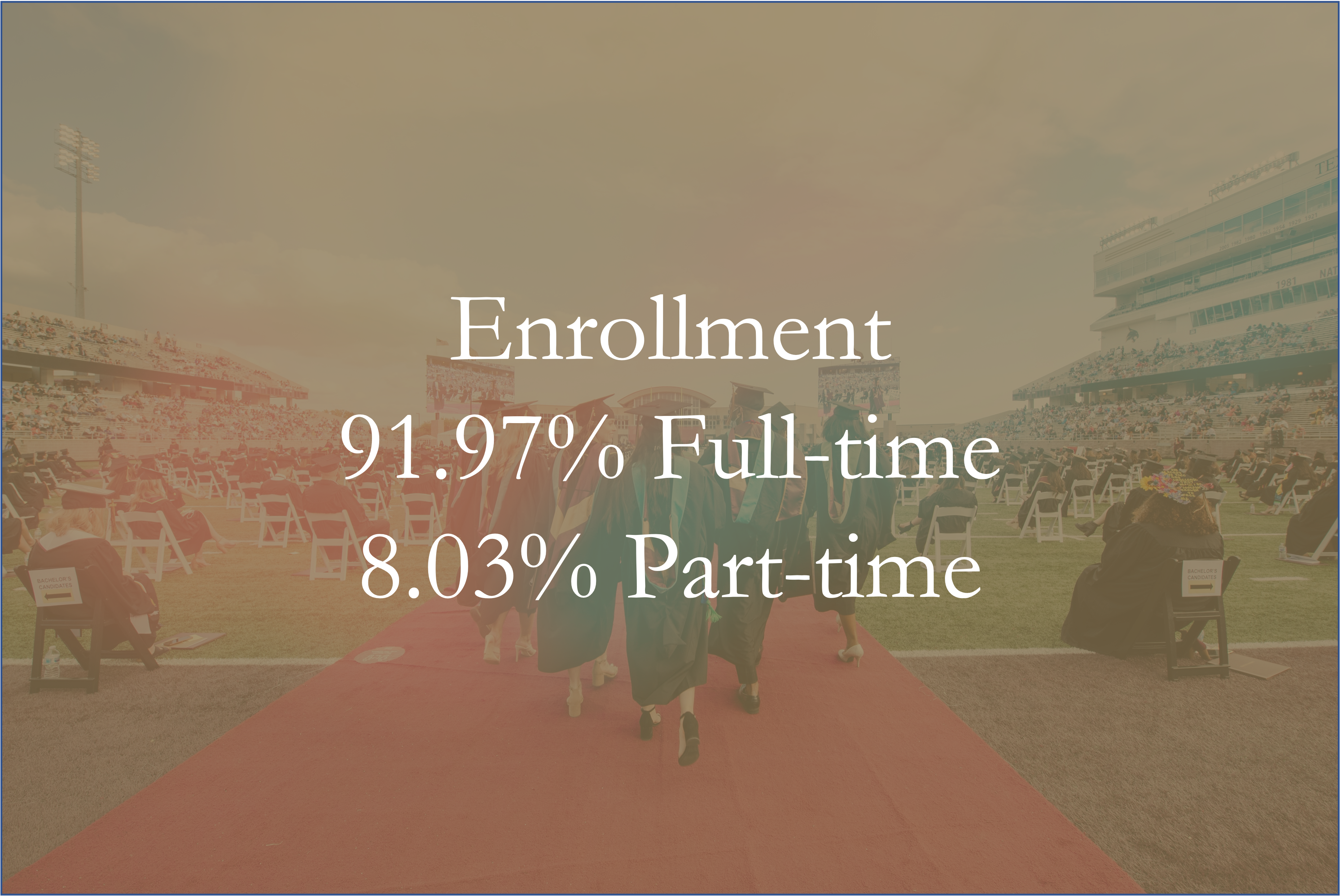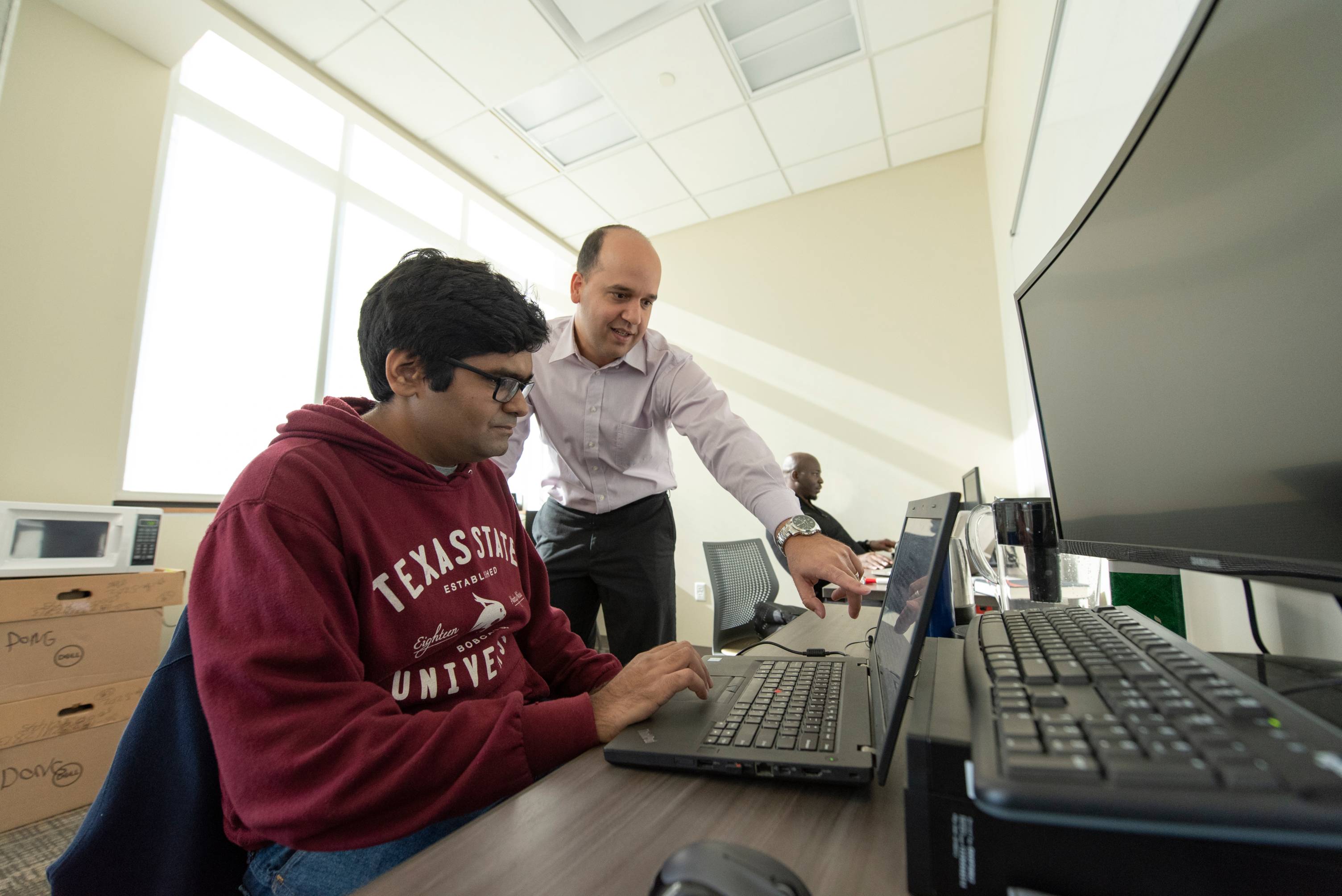Industrial Engineering (IE)
Industrial Engineers design, implement and oversee unified systems involving people, information, materials, equipment, processes, and energy with a unique system-wide view and people-oriented problem-solving approach.
"Industrial engineers integrate people, information, material, equipment, processes and energy throughout the life cycle of the product, service or program."
- Institute of Industrial and Systems Engineers (IISE)
With an Industrial Engineering degree, you unlock your full earning potential by applying innovative, data-driven solutions for complex problems. Industrial engineers design and improve systems to optimize productivity and improve workers’ environments across various industries, such as manufacturing, healthcare, transportation, and sustainability businesses. They focus on streamlining processes, reducing wasteful activities, improving quality/reliability, evaluating performance, redesigning workstations, and managing resources to enhance overall operations and profitability.
Industrial engineers (IEs) use engineering and human factors knowledge, data science, mathematical models, computers, and systems thinking to solve complex problems that may impact workers, machines, materials, information, energy, or other resources. To develop and implement their designs, they apply industrial engineering and management methodologies based on the scientific method, such as Plan-Do-Check-Act (PDCA) and Define-Measure-Analyze-Improve-Control (DMAIC).
IEs need to have a background in diverse fields. With that in mind, the four-year curriculum at Texas State includes courses from the following areas:
- Social sciences, humanities, and English to refine communication skills
- Math, chemistry, physics, and engineering
- Probability and statistics, including design of experiments
- Operations research, productivity analysis, and human factors engineering
- Engineering economics
- Computer programming, data analytics, and machine learning
The Industrial Engineering (B.S.) program is accredited by the Engineering Accreditation Commission of ABET, www.abet.org, under the General Criteria and Program Criteria for Industrial and Similarly Named Engineering Programs.
100+ Industrial Engineering Majors
$109K Annual mean wage of Industrial Engineers in Texas
12% Employment growth from 2023 to 2033
Minimum required: 129 semester credit hours
Career Opportunities
As an industrial engineering (IE) graduate, you will the have flexibility to get a variety of technical or managerial job opportunities in fields such as:
-
Aerospace
Career opportunities such as:
- Aerospace system integration engineer
- Industrial robotics engineer
- Spacecraft mission operations engineer
-
Communication
Career opportunities such as:
- Telecommunications network planning and optimization engineer
- Communication systems analyst
- Broadcast systems engineer
- Data center operations manager
-
Government
Career opportunities such as:
- Policy fellow
- Project manager
- President
-
Manufacturing & Services Systems
Optimizing processes, systems, and resources to enhance efficiency and productivity, designing layouts, and improving workflow. Also, implementing and managing quality engineering methods and systems to improve the quality and reliability of processes, products and services.
Career opportunities such as:
- Production planning and control engineer
- Quality engineer
- Lean manufacturing consultant
- Industrial automation engineer
- Operations research analyst
-
Technology & IT
Analyzing information or ensuring that the systems managing information work efficiently and safely.
Career opportunities such as:
- Information systems analyst
- Database administrator
- IT project manager
- Cybersecurity analyst
-
Business Operations
Analyzing data, evaluating performance metrics, and implementing strategies to enhance organizational efficiency, profitability and quality.
Career opportunities such as:
- Data analyst
- Supervisor or manager
- Quality engineer
-
Education
Career opportunities such as:
- Professor/lecturer
- School operations analyst
- Learning management system administrator
-
Healthcare
Optimizing patient flow, reducing waiting times, and improving the quality of healthcare delivery systems.
Career opportunities such as:
- Healthcare operations manager
- Process improvement specialist in hospitals
- Healthcare supply chain manager
- Healthcare data analyst
-
Power & Renewable Energy
Optimizing the daily operations of large transmission and distribution networks integrated with renewable energy systems. Also, designing and operating electric vehicle charging networks for zero carbon emissions.
Career opportunities such as:
- Sustainability engineer
- Systems engineer
-
Supply Chain, Logistics, & Transportation
Ensuring the correct and efficient movement of goods and services from production to distribution.
Career opportunities such as:
- Supply chain optimization analyst
- Logistics manager
- Procurement specialist
- Distribution center manager
- Transportation systems planner
- Traffic operations engineer
- Fleet operations manager
- Airline operations analyst
An Industrial Engineering degree accelerates your foundation for a flexible career in business and engineering and is an optimized path to future global leadership.
Many current or former CEOs in the world have an IE background (e.g., Tim Cook, Mike Duke).
Class Profile



